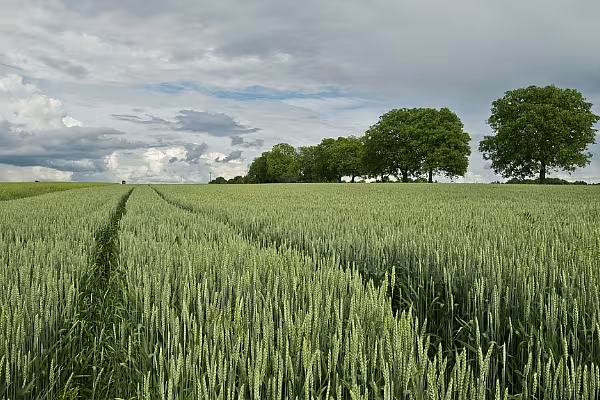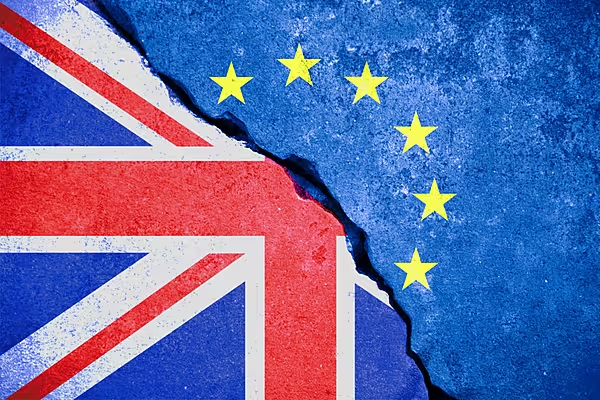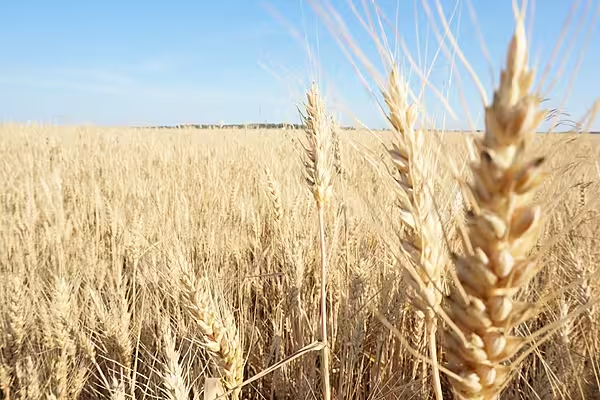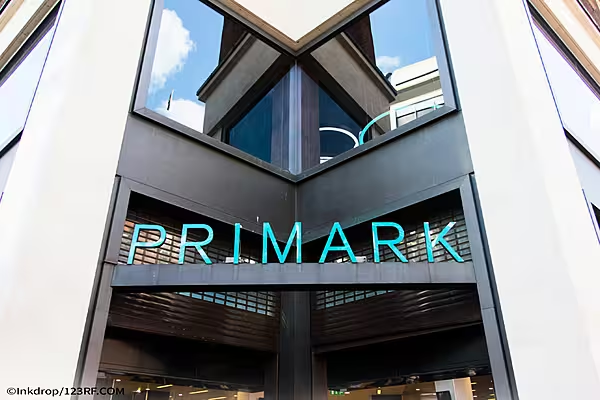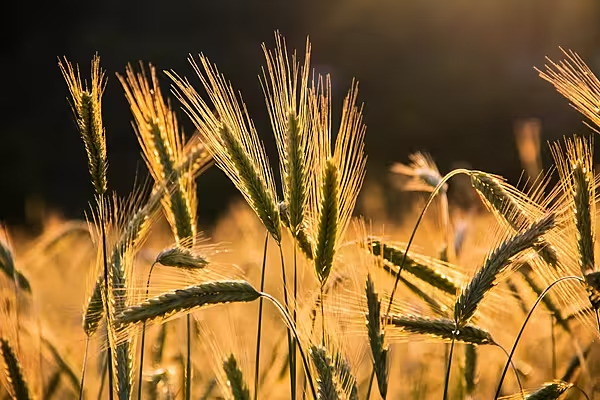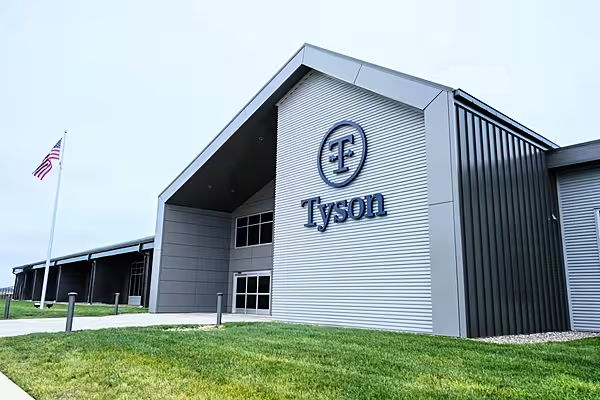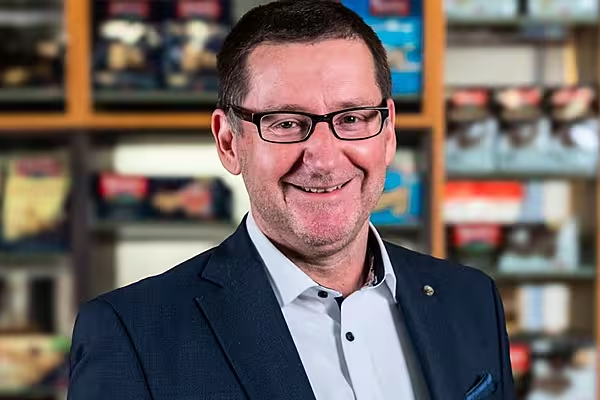European Union negotiators struck a deal on contentious parts of the bloc's farming subsidy policy in the early hours of Friday morning, raising hopes of an agreement on the overall package.
Negotiators from the European Parliament and EU member states are attempting to end a three-year struggle over the future of the Common Agricultural Policy (CAP), which will spend €387 billion, a third of the EU's 2021-2027 budget, on payments to farmers and support for rural development.
The aim is to divert more money to smaller farms, rather than supporting big agro-industry businesses, and ensure that cash is spent in ways that protect nature and cut the 10% of EU greenhouse gases emitted by agriculture.
"We are very close to a good compromise. Closer than ever. We made a huge progress overnight on most sensitive issues," said EU agriculture commissioner Janusz Wojciechowski, who participated in the talks.
'Eco-Schemes'
Negotiators agreed on rules to require countries to spend 20% of payments to farmers from 2023-2024, rising to 25% of payments between 2025-2027, on 'eco-schemes' that protect the environment, according to a document seen by Reuters. Examples of eco-schemes could include restoring wetlands to absorb CO2, or organic farming.
Any funds below those limits that are not spent on eco-schemes must be spent on green measures in other areas instead.
Parliament had wanted a higher 30% share, while member states' starting point in the talks was 20%.
The new CAP rules apply from 2023.
Earlier this week, auditors said the European Union's huge subsidy programme for agriculture is failing to rein in greenhouse gas emissions from farming, despite €100 billion of such subsidies being labelled as climate spending since 2014.
CAP Funds
Other tentative agreements included rules requiring EU countries to redistribute at least 10% of CAP funds to smaller farms. Countries could dodge this requirement if they use other methods to distribute the funds fairly.
Talks resumed on Friday morning, for the final scheduled day of negotiations.
EU auditors this week said the current CAP was failing to reduce emissions, despite spending 100 billion euros in "climate-friendly" subsidies since 2014. EU agriculture emissions, half of which come from livestock, have not decreased since 2010.
News by Reuters, edited by ESM. For more Supply Chain news, click here. Click subscribe to sign up to ESM: European Supermarket Magazine.
